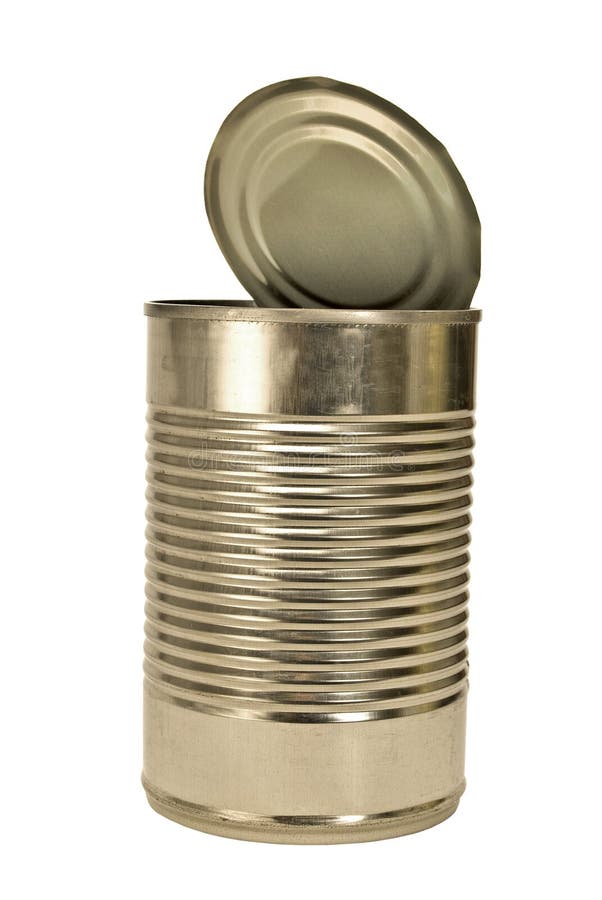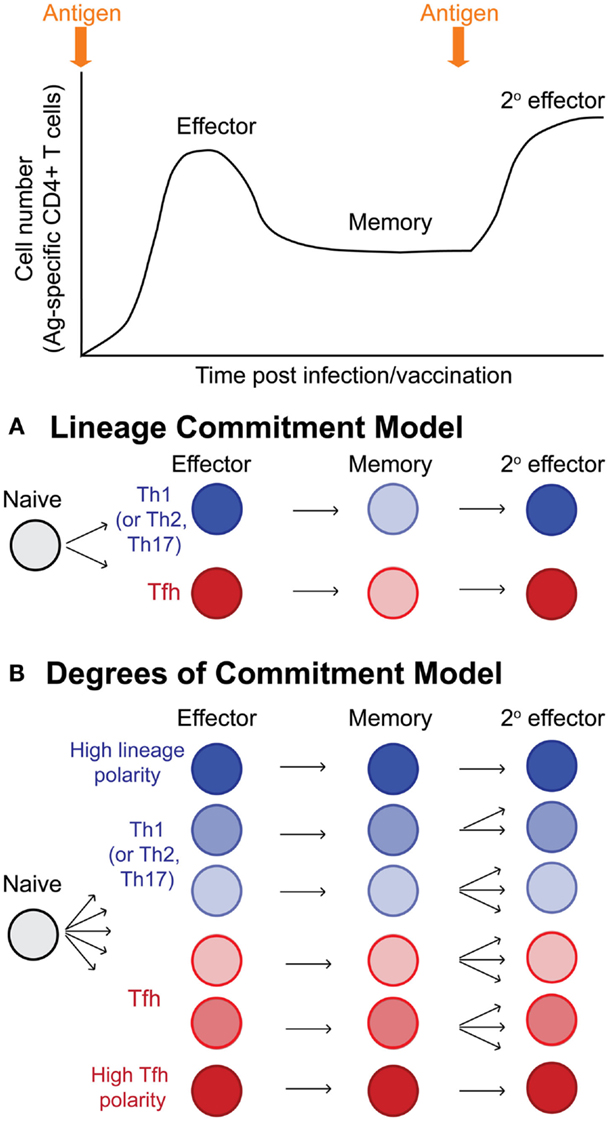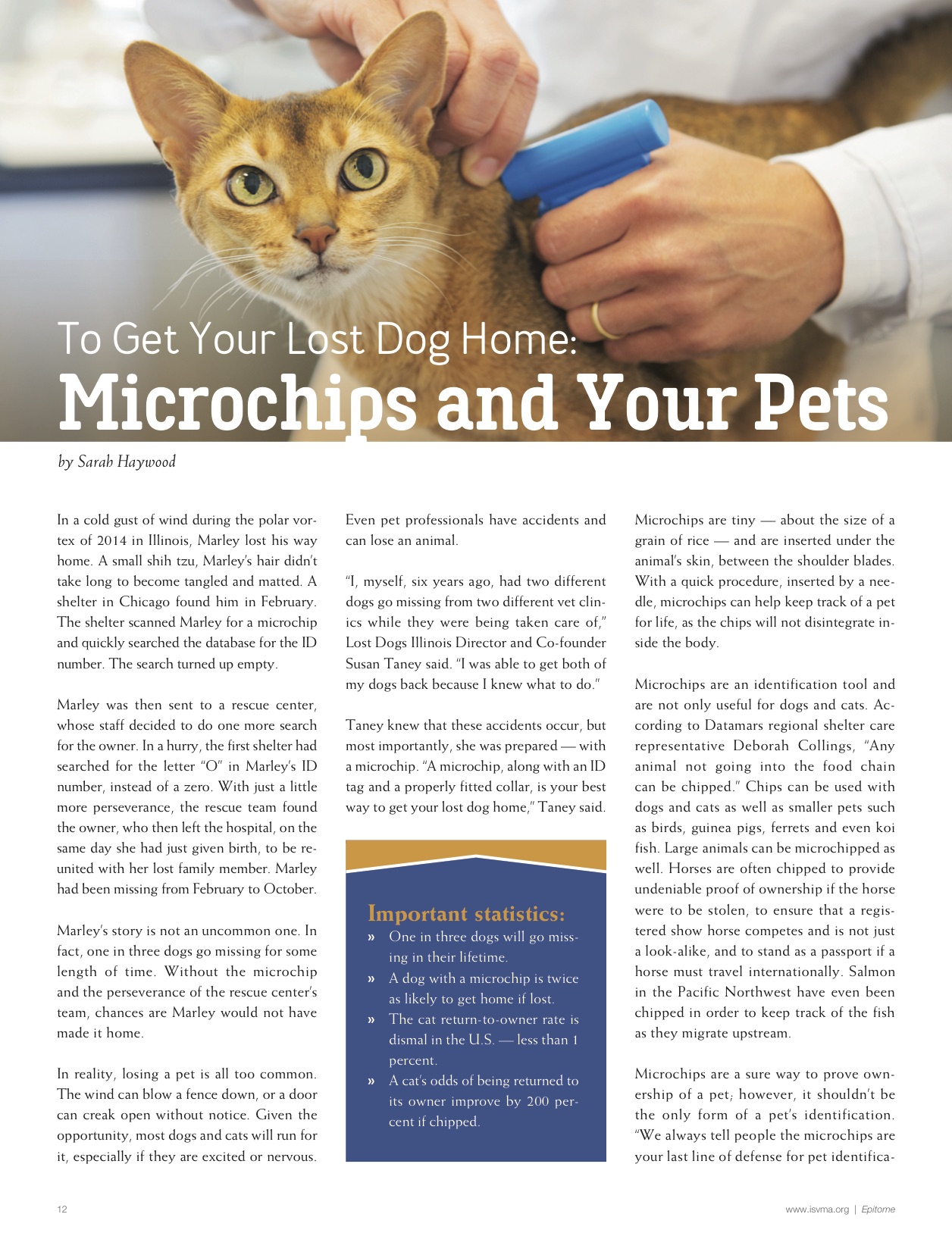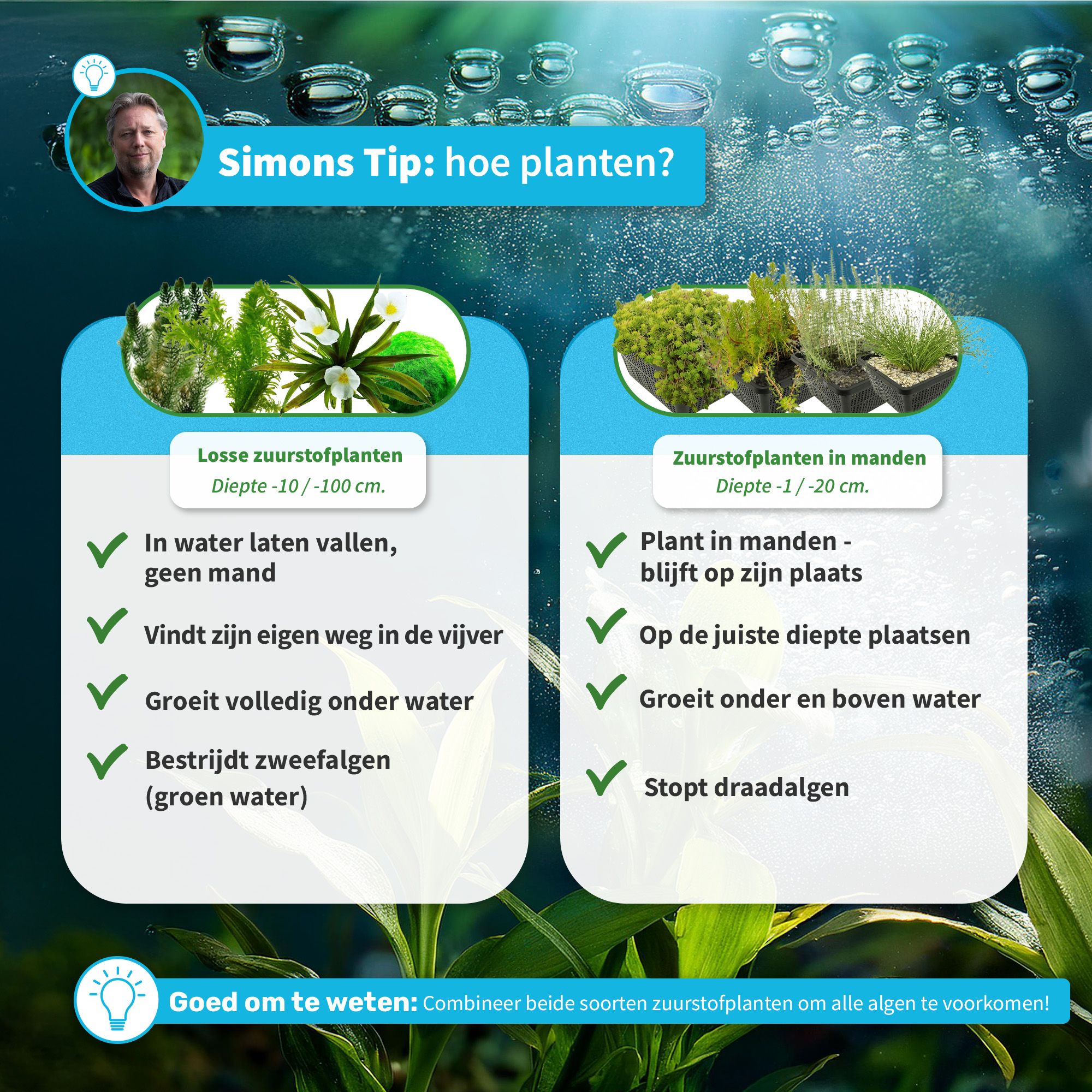Dog Ate Rat Poison: Emergency Response and Safe Home Care Methods
Understand rat poison toxicity in dogs
Rat poison pose one of the nearly serious threats to dogs due to its widespread availability and extremely toxic nature. Dogs oftentimes consume these substances unintentionally while explore yards, garages, or homes where rodenticides have been place. The colorful pellets or blocks may seem appeal to curious pets, make this a common emergency veterinarian encounter.
Different types of rat poisons work through various mechanisms. Anticoagulants prevent blood clotting, while neurotoxins affect the nervous system. Cholecalciferol increase calcium levels to dangerous heights, and bromelain cause brain swelling. Each type require different treatment approaches, make professional veterinary care essential.
Time become critical when deal with rat poison ingestion. The sooner treatment begins, the better the chances of recovery. Many pet owners feel helpless during these emergencies, but understand proper response protocols can make the difference between life and death.
Immediate emergency response steps
Contact your veterinarian or emergency animal hospital directly after discover your dog has consumed rat poison. Do not wait for symptoms to appear, as some effects take hours or days to manifest. While speak with professionals, gather information about the specific product consume, include the brand name, active ingredients, and estimate amount ingest.
Preserve the packaging or take clear photos of the product label. This information help veterinarians determine the exact type of poison and appropriate treatment protocol. If possible, estimate when the ingestion occurs, as this affect treatment options and urgency.
Ne’er attempt to induce vomiting unless specifically instruct by a veterinary professional. Some substances can cause additional damage when bring spine up through the esophagus and throat. Hydrogen peroxide, while sometimes recommend for induce vomiting in dogs, should exclusively be use under professional guidance and within specific timeframes after ingestion.
Keep your dog calm and monitor their condition while prepare for veterinary care. Restrict activity to prevent increase circulation of toxins throughout the body. Provide fresh water if the dog show interest, but avoid force fluids or food.
Recognize symptoms of rat poison
Symptoms vary importantly depend on the type of rat poison consume and the amount ingest. Anticoagulant poisoning may not show immediate signs, with bleed issues appear days afterward. Watch for pale gums, weakness, difficulty breathing, cough up blood, bloody urine or stool, and unexplained bruising.
Neurotoxic rat poisons typically cause more immediate symptoms include tremors, seizures, difficulty walk, excessive drooling, and changes in behavior or consciousness. These signs oftentimes appear within hours of consumption and require immediate emergency intervention.
Cholecalciferol poisoning initially cause increase thirst and urination, follow by vomit, loss of appetite, and lethargy. As calcium levels rise, more serious symptoms develop include kidney failure, abnormal heart rhythms, and neurological problems.
Bromelain affect the nervous system and brain, cause symptoms like loss of coordination, tremors, paralysis, and seizures. These signs may develop gradually over several days, make early detection challenging but crucial for successful treatment.
Safe supportive care methods at home
While professional veterinary treatment remain perfectly essential, certain supportive care measures can be safely implemented at home under veterinary guidance. These methods should ne’er replace professional treatment but may help support your dog’s recovery process.
Activate charcoal, when recommend by a veterinarian, can help absorb remain toxins in the digestive system. Nonetheless, this must be administered right and exclusively when appropriate for the specific type of poison consume. The timing of activate charcoal administration is crucial, as it become less effective hours after ingestion.
Maintain proper hydration support kidney function and help eliminate toxins from the body. Encourage water consumption by provide fresh, clean water in easy accessible locations. Some dogs may prefer somewhat warm water or low sodium broth to stimulate drinking. Monitor water intake and report changes to your veterinarian.
Create a quiet, comfortable environment reduce stress and allow the body to focus energy on healing. Limit visitors and loud noises that might agitate your dog. Provide soft bed in a temperature control area where you can easily monitor their condition.
Nutritional support during recovery
Dietary management play an important role in support dogs recover from rat poison exposure. Easy to digest foods reduce strain on the digestive system while provide necessary nutrients for healing. Bland diets consist of boil chicken and rice or specialized veterinary recovery foods may be recommended.
Small, frequent meals frequently work substantially than large portions during recovery. This approach reduce nausea and make digestion easier for compromise systems. Monitor your dog’s appetite and eat habits, report any changes to your veterinary team.
Certain supplements may support recovery when recommend by veterinary professionals. Vitamin k play a crucial role in blood clotting and is much prescribe for anticoagulant poison cases. Probiotics can help restore healthy gut bacteria after treatment, while omega 3 fatty acids may support overall healing.
Avoid give any supplements or medications without veterinary approval, as some substances can interact with treatments or worsen certain conditions. Flush apparently harmless vitamins can cause problems when give unsuitably during recovery from poisoning.
Monitoring and long term care
Recovery monitoring require careful attention to various indicators of your dog’s condition. Track eat and drinking habits, energy levels, bathroom habits, and overall behavior. Keep a write log of observations to share with your veterinary team during follow-up appointments.
Blood work monitoring become essential for many types of rat poison cases. Anticoagulant poisoning require regular clotting time checks, while other toxins may affect kidney function, liver enzymes, or electrolyte balance. Follow all recommend testing schedules to ensure proper recovery.
Activity restrictions may be necessary during recovery, specially for dogs recover from anticoagulant poisoning where bleed risks remain elevated. Avoid rough play, jumping, or strenuous exercise until clear by your veterinarian. Gentle walk and normal daily activities are commonly acceptable.
Watch for delayed symptoms that may appear days or weeks after initial treatment. Some effects of rat poison can have lasting impacts on organ function, require ongoing management and monitoring. Report any new or recur symptoms now.
Natural support methods
Several natural approaches may provide additional support during recovery when use suitably alongside veterinary treatment. These methods should complement, not replace, professional medical care and must be approved by your veterinary team before implementation.
Milk thistle have liver protective properties that may help support hepatic function during toxin elimination. This herb containsGil MarÃnn, which can help protect liver cells from damage and support regeneration. Nonetheless, dosing must be cautiously calculate base on your dog’s weight and condition.
Dandelion root act as a gentle diuretic and liver support herb. It may help increase urine production, potentially aid in toxin elimination through the kidneys. Like all herbal remedies, proper dosing and veterinary approval are essential before use.

Source: textstudio.com
Vitamin c provide antioxidant support that may help protect cells from damage during the detoxification process. Some veterinarians recommend vitamin C supplementation during recovery from poisoning, but dosing must be appropriate to avoid digestive upset or other complications.
Bentonite clay has been use traditionally to help absorb toxins in the digestive system. Nonetheless, its use in poison cases require careful consideration of timing, dosing, and potential interactions with other treatments. Ne’er use clay products without specific veterinary guidance.
Prevention strategies
Prevent rat poison exposure require comprehensive home and yard management strategies. Store all rodenticides in secure, dog proof containers place in areas entirely inaccessible to pets. Consider alternative pest control methods that pose less risk to family pets.
Snap traps and electronic traps eliminate rodents without use toxic substances that could harm pets. These mechanical methods require more monitoring but provide safer pest control around animals. Place traps in areas where pets can not access them or become injure by the mechanisms.
Natural deterrents like peppermint oil, ultrasonic devices, and exclusion methods can help reduce rodent populations without introduce toxins into your environment. Seal entry points and remove food sources frequently prove more effective than poison base approaches.
Regular yard inspections help identify potential hazards before pets encounter them. Check for signs of rodenticide use by neighbors, pest control services, or previous property owners. Flush old, forget poison stations can pose ongoing risks to curious dogs.

Source: slideshare.net
Work with your veterinary team
Establish a strong relationship with your veterinary team before emergencies occur improve outcomes when crises arise. Know your regular veterinarian’s emergency contact information and locate the nearest 24 hour emergency animal hospital in advance.
Maintain current contact information with your veterinary clinic and ensure they’ve updated details about your dog’s health history, current medications, and any know allergies or sensitivities. This information become crucial during emergency situations when time is limited.
Follow all treatment recommendations all, flush if your dog appears to berecoveredr promptly. Many rat poisons have delay effects or require extended treatment periods to prevent complications. Stop treatment former can result in serious setbacks or life threaten complications.
Ask questions about your dog’s treatment plan and recovery expectations. Understand the process help you provide better home care and recognize when additional intervention may be need. Request write instructions for home care and emergency contact protocols.
Recovery timeline and expectations
Recovery timelines vary importantly base on the type of poison consume, amount ingest, time before treatment begin, and individual dog factors like age, size, and overall health status. Some dogs may show improvement within hours, while others require weeks of treatment and monitoring.
Anticoagulant poisoning frequently requires the longest treatment periods, with some dogs needvitamin Kk therapy for several weeks. Blood clotting tests help determine when it’s safe to discontinue treatment. Premature cessation can result in dangerous bleeding episodes.
Neurological symptoms from certain rat poisons may resolve promptly with appropriate treatment, or they may require extended supportive care. Some dogs experience last effects that require ongoing management, while others make complete recoveries.
Kidney and liver function may be temporarily or permanently affect depend on the severity of poisoning and speed of treatment. Regular monitoring help detect and address any long term complications betimes in their development.
Understand that recovery is frequently a gradual process help manage expectations and reduce anxiety during the heal period. Celebrate small improvements while remain vigilant for any setbacks or new symptoms that may develop.
MORE FROM grabscholarships.de













